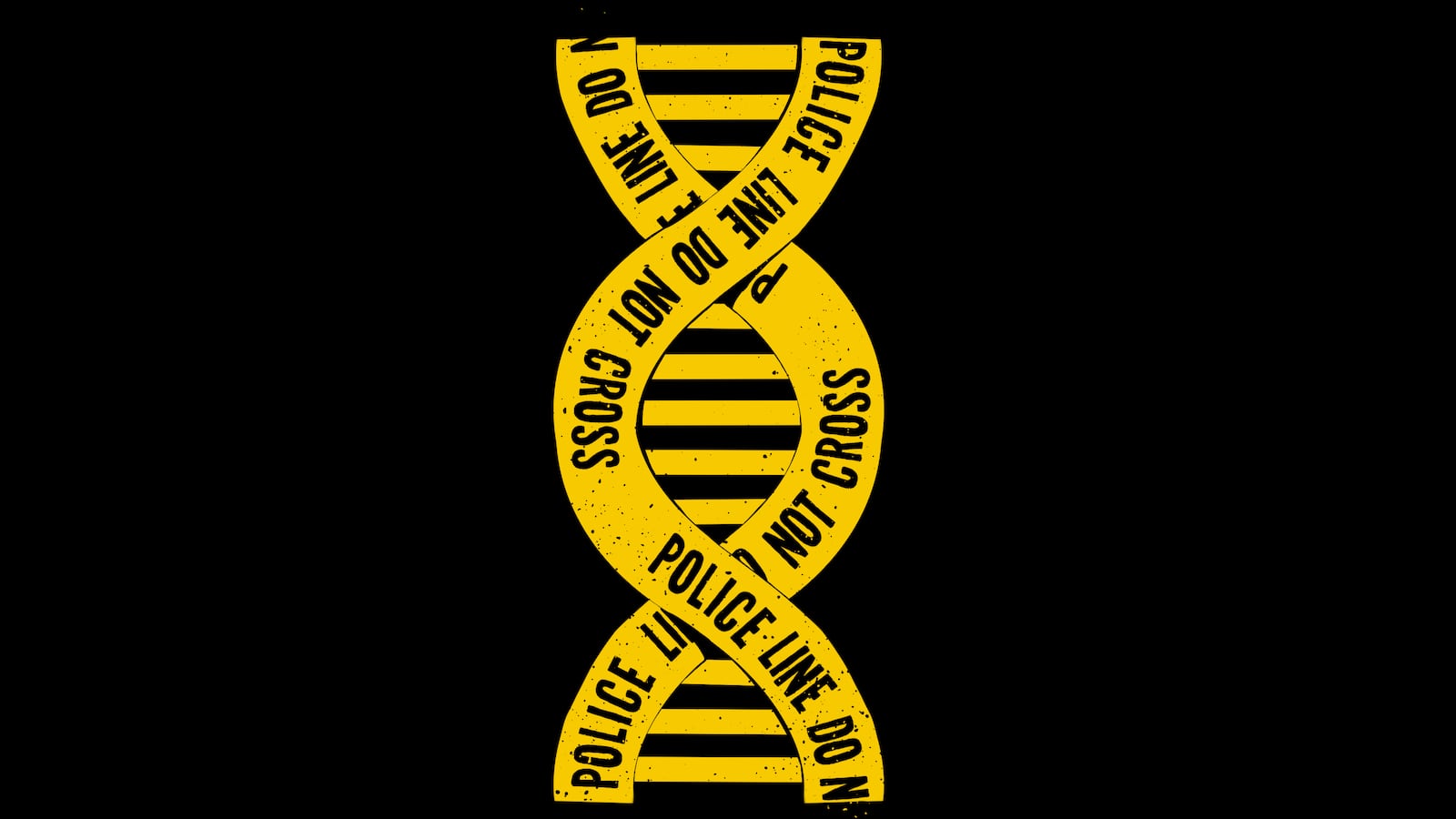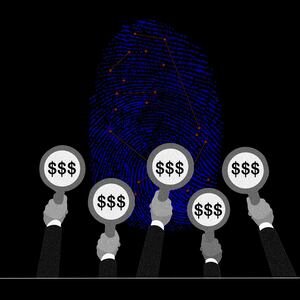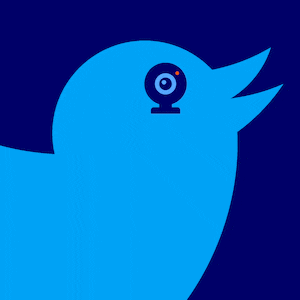This week, when police in Edmonton, Canada, released a suspect’s image, the crude graphic didn’t come from CCTV or a bystander’s phone, it came from the suspect’s DNA.
Everyday genetic surveillance is no longer just a thing on Black Mirror—it’s being widely used abroad, and increasingly in America as well.
Recently, China’s central government classified genetic information as a national strategic resource, subject to broad control. Since 2016, Chinese police have taken DNA from one-third of Tibetans, following mass DNA collection from Uyghurs facing genocide in Xinjiang. But China’s mass surveillance isn’t a dystopian outlier, it’s a preview of forms of DNA-based surveillance that is already expanding in America, and that China exports to the Global South.
Many of us think that there is nothing more private, more intimate than our DNA, the roadmap to our every cell. But we have some bad news: Much of our DNA isn’t private anymore, at least not from the police. For many, American genetic surveillance has reached a tipping point where keeping our DNA out of police hands is often a lost cause. While we can still protect against the nightmare of persistent genetic surveillance, we first have to change our focus from preventing DNA collection to preventing misuse and managing access.
You may be scratching your head, trying to think when you gave DNA to the government, and odds are that you never did. Millions of us have made our DNA available to companies like 23AndMe, using genetic testing services that promise everything from the key to lost family history to a portrait of our future health. And anytime we give our DNA to one of these testing firms, it’s just a court order away from police, if companies don’t just hand it over voluntarily or sell it first. With DNA testing companies slashing the cost for DNA tests—and even full DNA sequencing—their profits increasingly come from monetizing our genetic secrets, rather than from test sales.
But even if you never gave your genes to a DNA company or research institute, police may have enough DNA data to identify you. That’s because every time a family member sends in their swab, they’re sending in your data too. The closer the relative, the more of your information is added to the database, making you a part of the tapestry of genetic tracking that mass DNA testing has made possible, whether or not you consented. It doesn’t even have to be a close relative—police have arrested suspects based on samples from third cousins or even more distant relations.
So, all those cousins whose names you can’t remember? They still share enough of your DNA to potentially land you wrongfully in jail. Sure, the risk isn’t the same for everyone; since the rates of DNA testing vary widely from community to community, so too does the level of genetic privacy.
But while some may be able to escape scrutiny, even the smallest publicly available genetic databases enable a majority of Americans to be identified via the samples police can already theoretically access. For Ashkenazi Jews, the ship long-ago sailed on genetic privacy—high levels of medical DNA testing for conditions like Tay-Sachs and a vibrant market of “Jewish Ancestry” DNA tests have led to extraordinarily high DNA testing within the community. This is the kind of combination that can leave some populations completely exposed to the genetic dragnets of the future.
The unchallenged expansion of DNA collection and law enforcement misuse of the data has also spurred a surge in DNA surveillance startups. Hoping to score lucrative government contracts, many players in this growing movement offer to translate our genetic code into phenotypes (that is, observable features like eye color), often with scant commitment to scientific accuracy. This is most disturbing in the convergence of facial recognition and genetic testing, where companies make dubious promises to generate faces from genetic information that can be run against police databases or, vice versa.
These encourage the worst of both worlds. Veering into pseudoscience, they are a modern sales pitch for the long-discredited phrenology of the past. They wrongly treat race as a biological fact, rather than the social construct that it is. And in the process, they open all the flaws of facial recognition to new realms, allowing its proven bias to infect new areas of technology.
The answer is simple: Ban DNA searches. Beyond the types of one-to-one DNA tests that are subject to judicial oversight and have helped exonerate the wrongfully convicted for decades, we can and should ban the types of mass surveillance practices that allow police to run dragnet searches of an entire database—compromising the genetic privacy of millions—to maybe identify just one person.
There’s reason to believe the courts may strike down these sorts of searches one day, but until they do, lawmakers must act. If we don’t stop these overbroad searches, foreign governments and bleak sci-fi films have shown us just how dangerous genetic surveillance will get.









